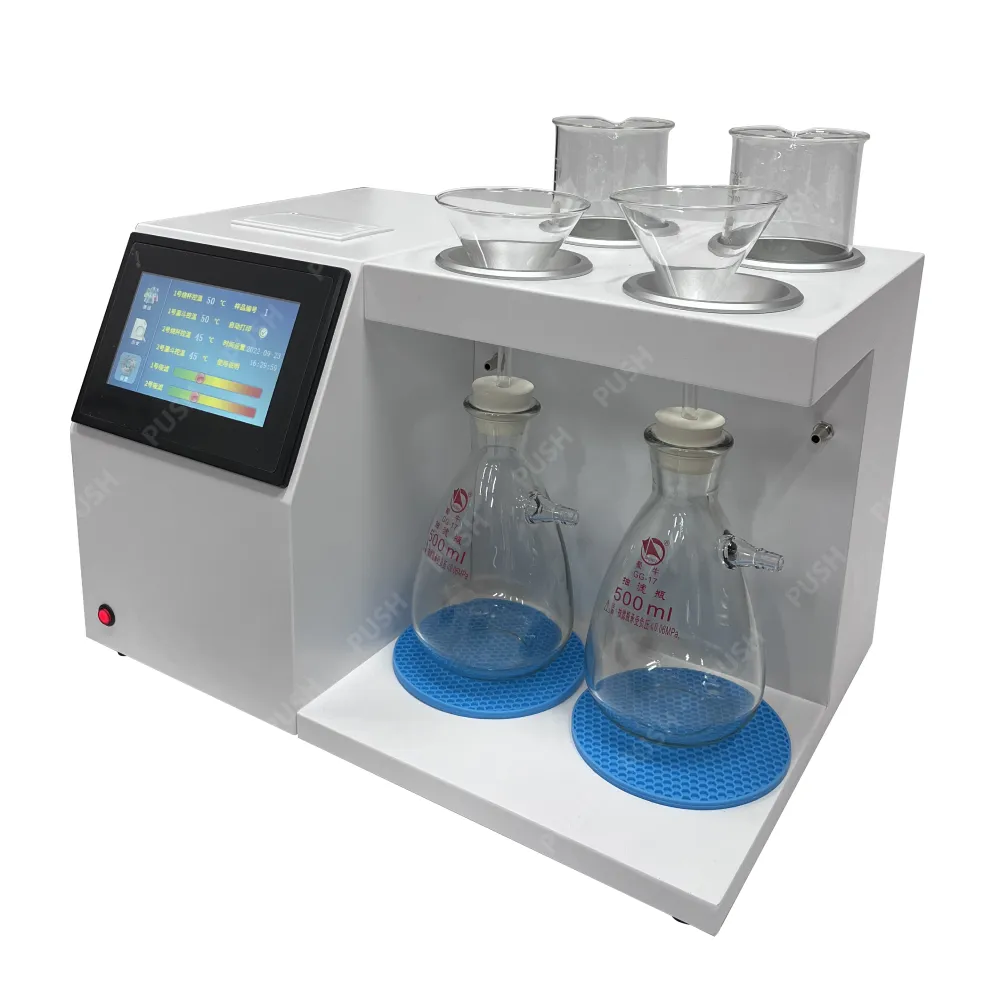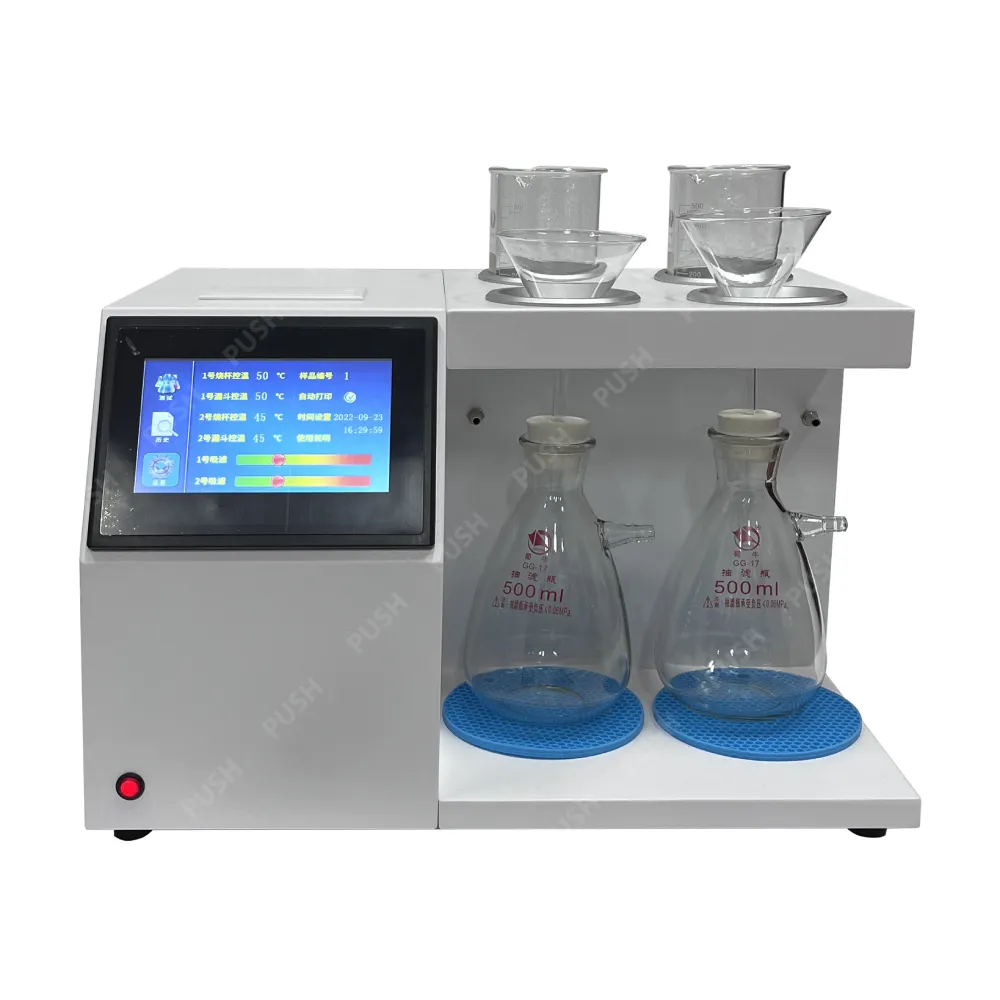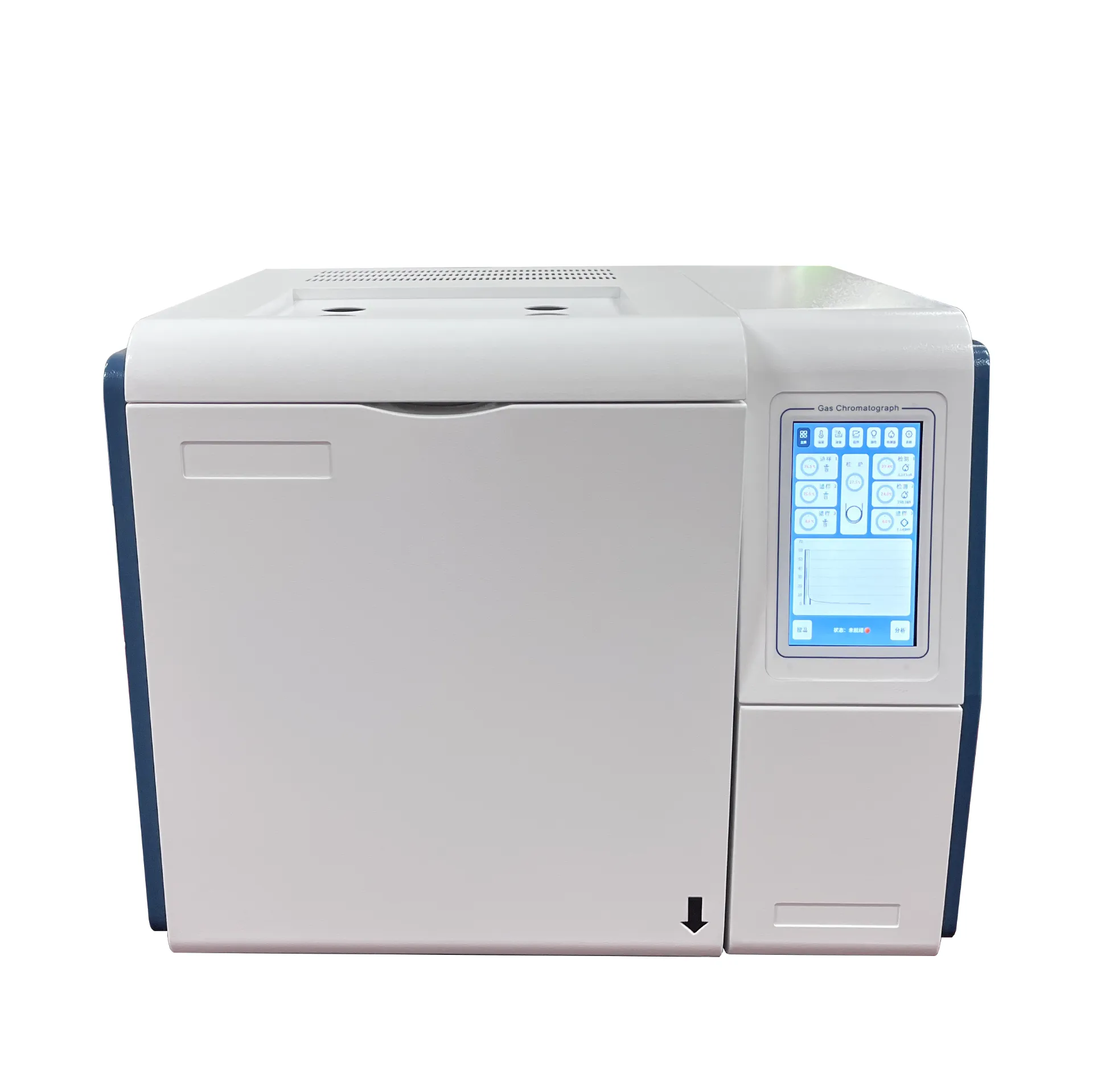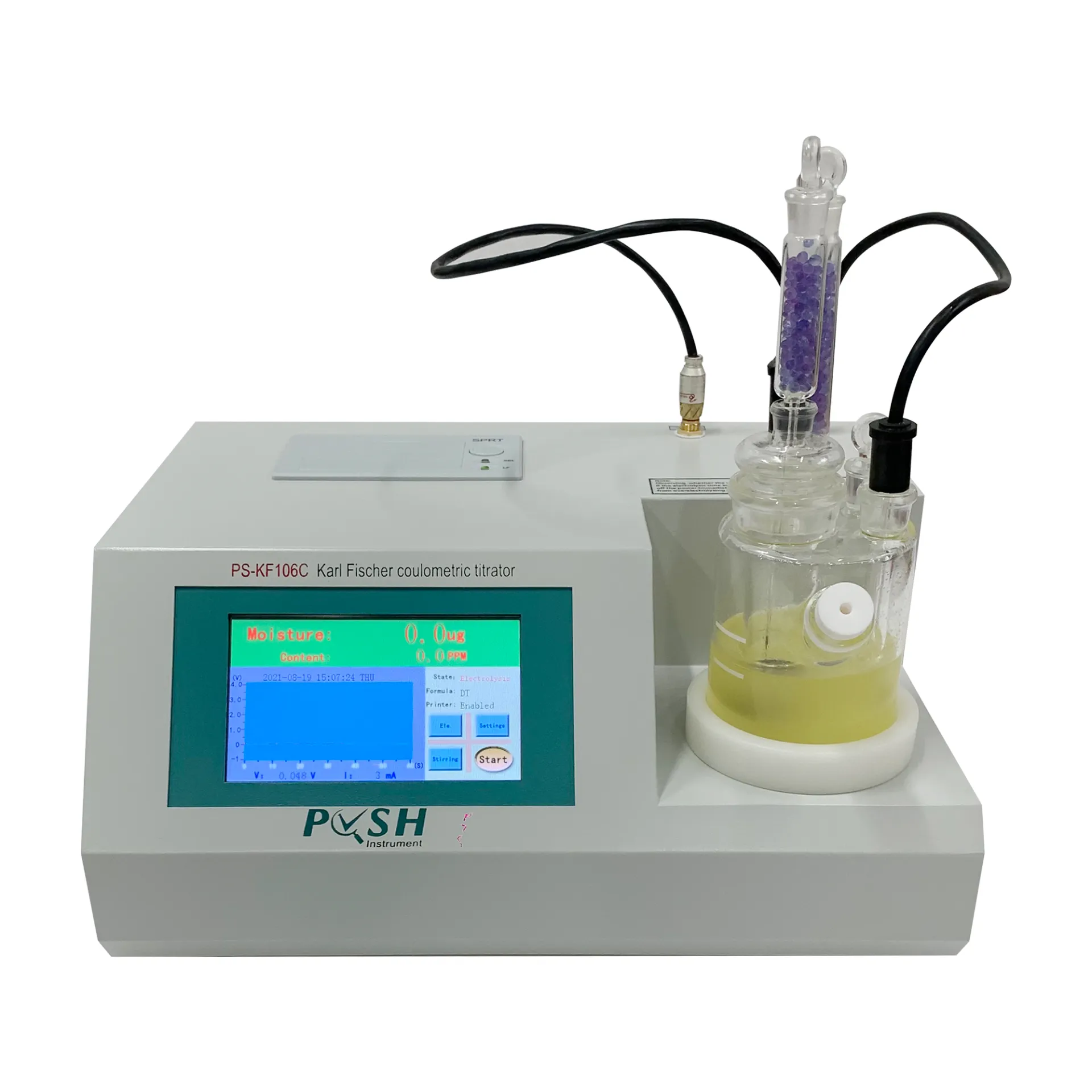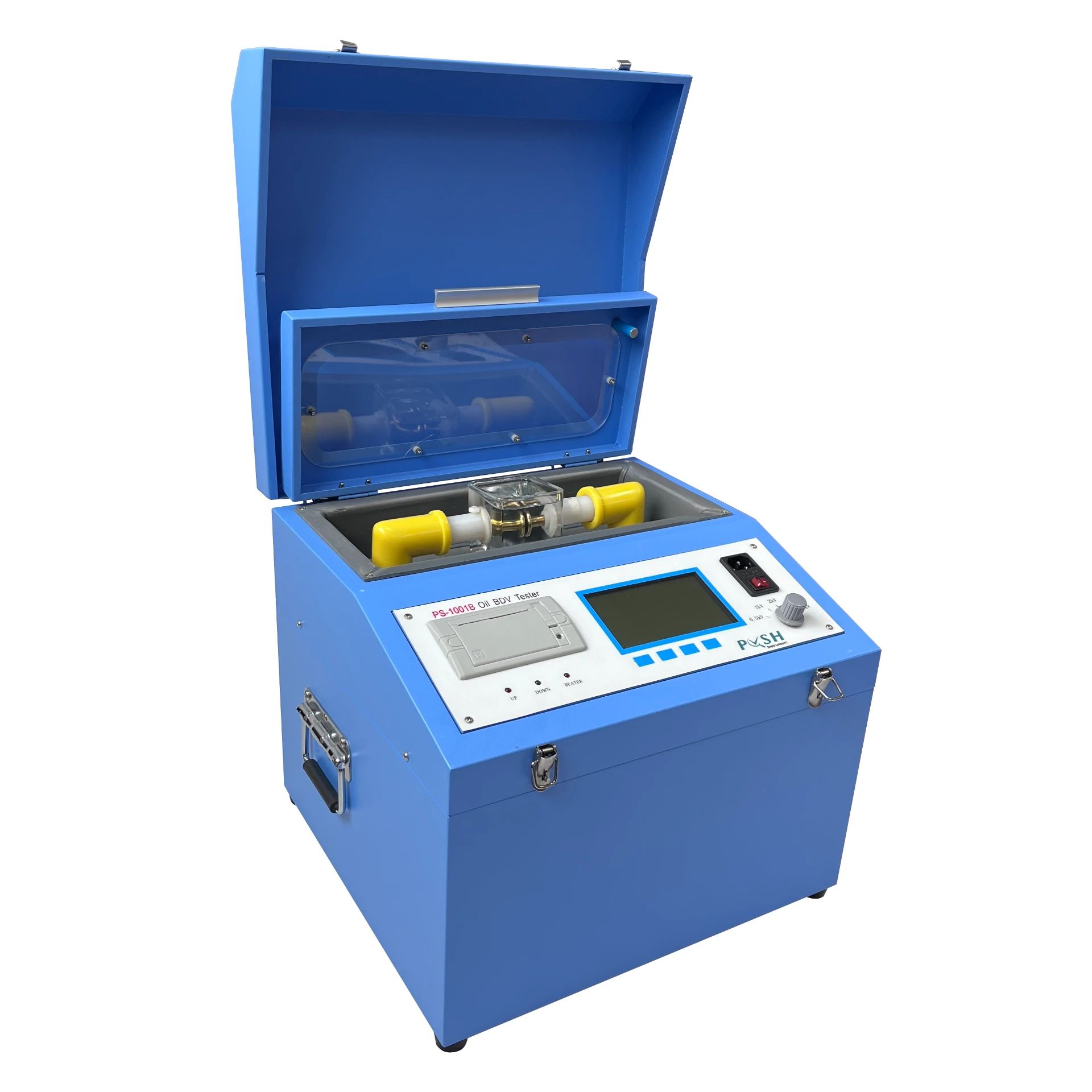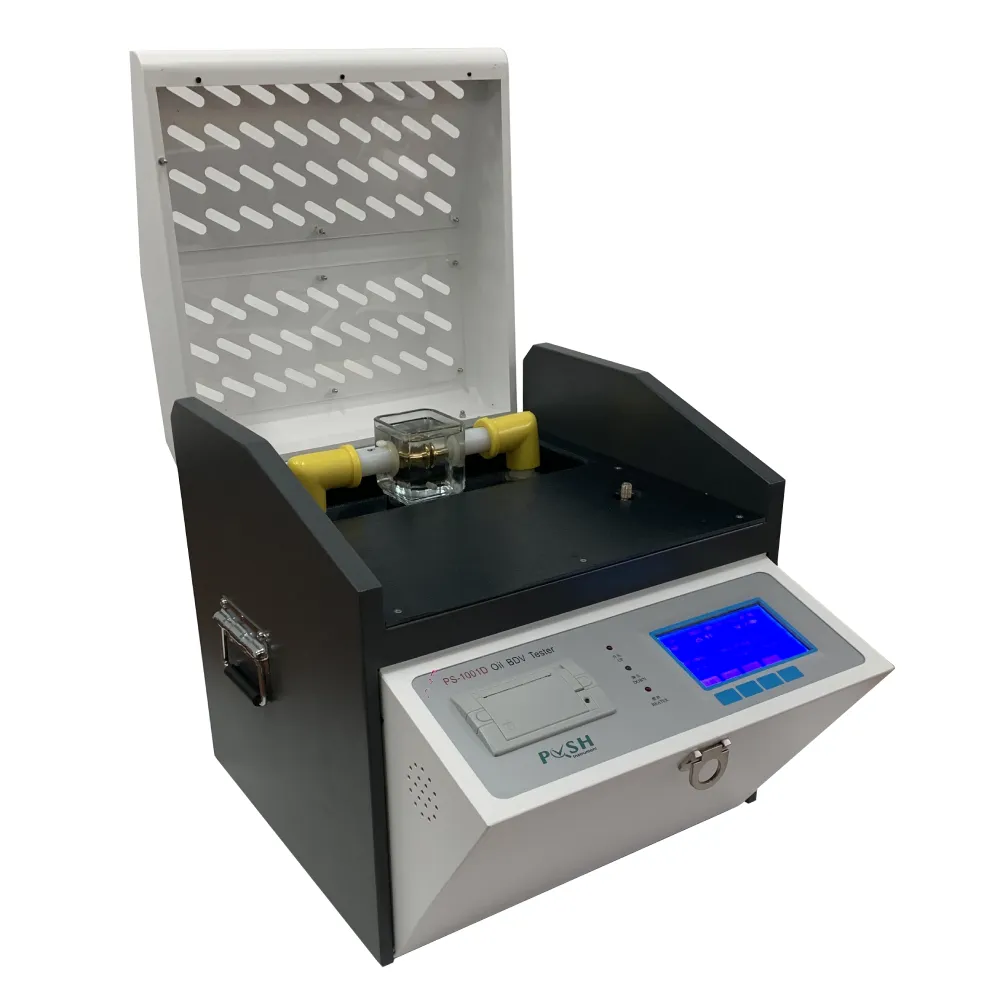 English
English



-
 Afrikaans
Afrikaans -
 Albanian
Albanian -
 Amharic
Amharic -
 Arabic
Arabic -
 Armenian
Armenian -
 Azerbaijani
Azerbaijani -
 Basque
Basque -
 Belarusian
Belarusian -
 Bengali
Bengali -
 Bosnian
Bosnian -
 Bulgarian
Bulgarian -
 Catalan
Catalan -
 Cebuano
Cebuano -
 China
China -
 China (Taiwan)
China (Taiwan) -
 Corsican
Corsican -
 Croatian
Croatian -
 Czech
Czech -
 Danish
Danish -
 Dutch
Dutch -
 English
English -
 Esperanto
Esperanto -
 Estonian
Estonian -
 Finnish
Finnish -
 French
French -
 Frisian
Frisian -
 Galician
Galician -
 Georgian
Georgian -
 German
German -
 Greek
Greek -
 Gujarati
Gujarati -
 Haitian Creole
Haitian Creole -
 hausa
hausa -
 hawaiian
hawaiian -
 Hebrew
Hebrew -
 Hindi
Hindi -
 Miao
Miao -
 Hungarian
Hungarian -
 Icelandic
Icelandic -
 igbo
igbo -
 Indonesian
Indonesian -
 irish
irish -
 Italian
Italian -
 Japanese
Japanese -
 Javanese
Javanese -
 Kannada
Kannada -
 kazakh
kazakh -
 Khmer
Khmer -
 Rwandese
Rwandese -
 Korean
Korean -
 Kurdish
Kurdish -
 Kyrgyz
Kyrgyz -
 Lao
Lao -
 Latin
Latin -
 Latvian
Latvian -
 Lithuanian
Lithuanian -
 Luxembourgish
Luxembourgish -
 Macedonian
Macedonian -
 Malgashi
Malgashi -
 Malay
Malay -
 Malayalam
Malayalam -
 Maltese
Maltese -
 Maori
Maori -
 Marathi
Marathi -
 Mongolian
Mongolian -
 Myanmar
Myanmar -
 Nepali
Nepali -
 Norwegian
Norwegian -
 Norwegian
Norwegian -
 Occitan
Occitan -
 Pashto
Pashto -
 Persian
Persian -
 Polish
Polish -
 Portuguese
Portuguese -
 Punjabi
Punjabi -
 Romanian
Romanian -
 Russian
Russian -
 Samoan
Samoan -
 Scottish Gaelic
Scottish Gaelic -
 Serbian
Serbian -
 Sesotho
Sesotho -
 Shona
Shona -
 Sindhi
Sindhi -
 Sinhala
Sinhala -
 Slovak
Slovak -
 Slovenian
Slovenian -
 Somali
Somali -
 Spanish
Spanish -
 Sundanese
Sundanese -
 Swahili
Swahili -
 Swedish
Swedish -
 Tagalog
Tagalog -
 Tajik
Tajik -
 Tamil
Tamil -
 Tatar
Tatar -
 Telugu
Telugu -
 Thai
Thai -
 Turkish
Turkish -
 Turkmen
Turkmen -
 Ukrainian
Ukrainian -
 Urdu
Urdu -
 Uighur
Uighur -
 Uzbek
Uzbek -
 Vietnamese
Vietnamese -
 Welsh
Welsh -
 Bantu
Bantu -
 Yiddish
Yiddish -
 Yoruba
Yoruba -
 Zulu
Zulu
- 1.Seven-inch touch screen, waterproof panel
2.Four-way metal bath, funnel heating, beaker heating
3.Two-way vacuum filtration
4.Dedicated PID temperature control program
5.Program controlled decompression suction filtration
6.Worry-free maintenance-free vacuum pump
7.Read balance data directly
Introduction to the Mechanical Impurities Tester:
The Mechanical Impurities Tester is a specialized instrument designed for determining the mechanical impurities content in petroleum products, such as lubricating oils, fuels, and hydraulic fluids. Mechanical impurities refer to solid particles, debris, or contaminants present in the oil that can affect its performance and longevity.
Lubricating Oil Industry: Used for quality control and assessment of lubricating oils to ensure they meet cleanliness standards and performance requirements.
Fuel Industry: Employed for evaluating the cleanliness of fuels, including diesel, gasoline, and biodiesel, to prevent engine damage and fuel system fouling.
Hydraulic Systems: Essential for monitoring the cleanliness of hydraulic fluids to prevent wear and damage to hydraulic components and systems.
Petrochemical Industry: Utilized for assessing the cleanliness of various petroleum-based products, including base oils, gear oils, and turbine oils.
Quality Assurance: Ensures that petroleum products meet cleanliness specifications and standards, preventing equipment malfunctions, component wear, and system failures.
Preventive Maintenance: Helps in identifying potential issues early by detecting excessive mechanical impurities, allowing for timely maintenance and replacement of contaminated oils.
Condition Monitoring: Enables continuous monitoring of oil cleanliness levels in critical equipment and systems, facilitating proactive maintenance and troubleshooting.
Research and Development: Used in laboratories and research facilities to study the effects of operating conditions, filtration methods, and additives on mechanical impurities in oils, contributing to the development of cleaner and more efficient lubricants and fuels.
|
Display |
7 inches LCD display |
|
Temperature control range |
room temperature ~ 100 ℃ |
|
Temperature control accuracy |
±0.1°C |
|
Resolution |
0.1°C |
|
Rated power |
800W |
|
Dimensions |
520*350*340 |
-
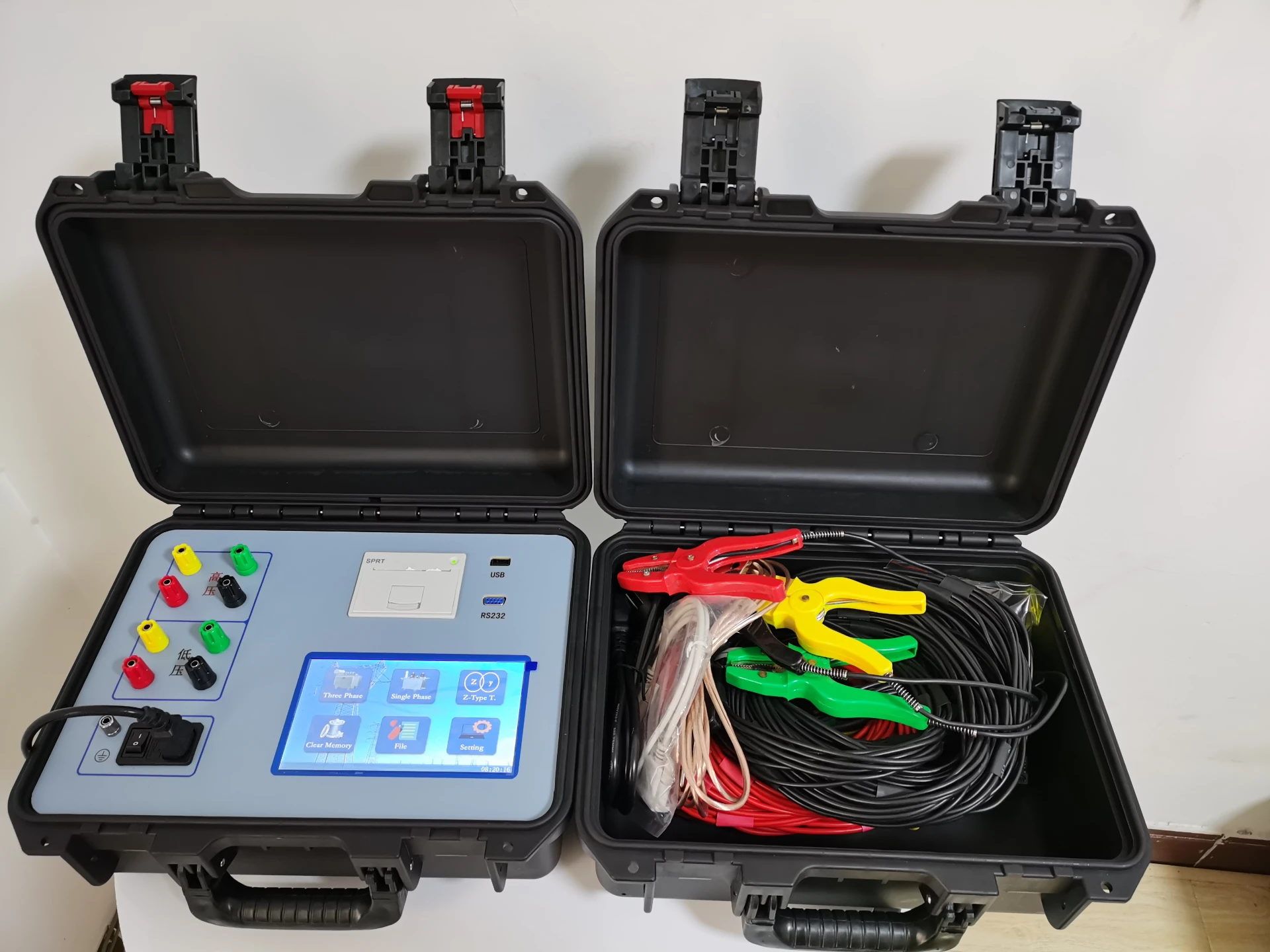 Ensuring Transformer Reliability with High-Precision Turns Ratio TestingTransformers are the heart of electrical power systems, and ensuring their performance and safety is vital to the stability of the entire power grid. Among the various tests carried out during transformer manufacturing and maintenance, turns ratio testing plays a crucial role. A transformer's turns ratio, the ratio between the number of windings in the primary and secondary coils, directly affects voltage transformation and load balancing. Even a slight deviation can be an early indicator of internal faults, winding damage, or insulation failure.Detail
Ensuring Transformer Reliability with High-Precision Turns Ratio TestingTransformers are the heart of electrical power systems, and ensuring their performance and safety is vital to the stability of the entire power grid. Among the various tests carried out during transformer manufacturing and maintenance, turns ratio testing plays a crucial role. A transformer's turns ratio, the ratio between the number of windings in the primary and secondary coils, directly affects voltage transformation and load balancing. Even a slight deviation can be an early indicator of internal faults, winding damage, or insulation failure.Detail -
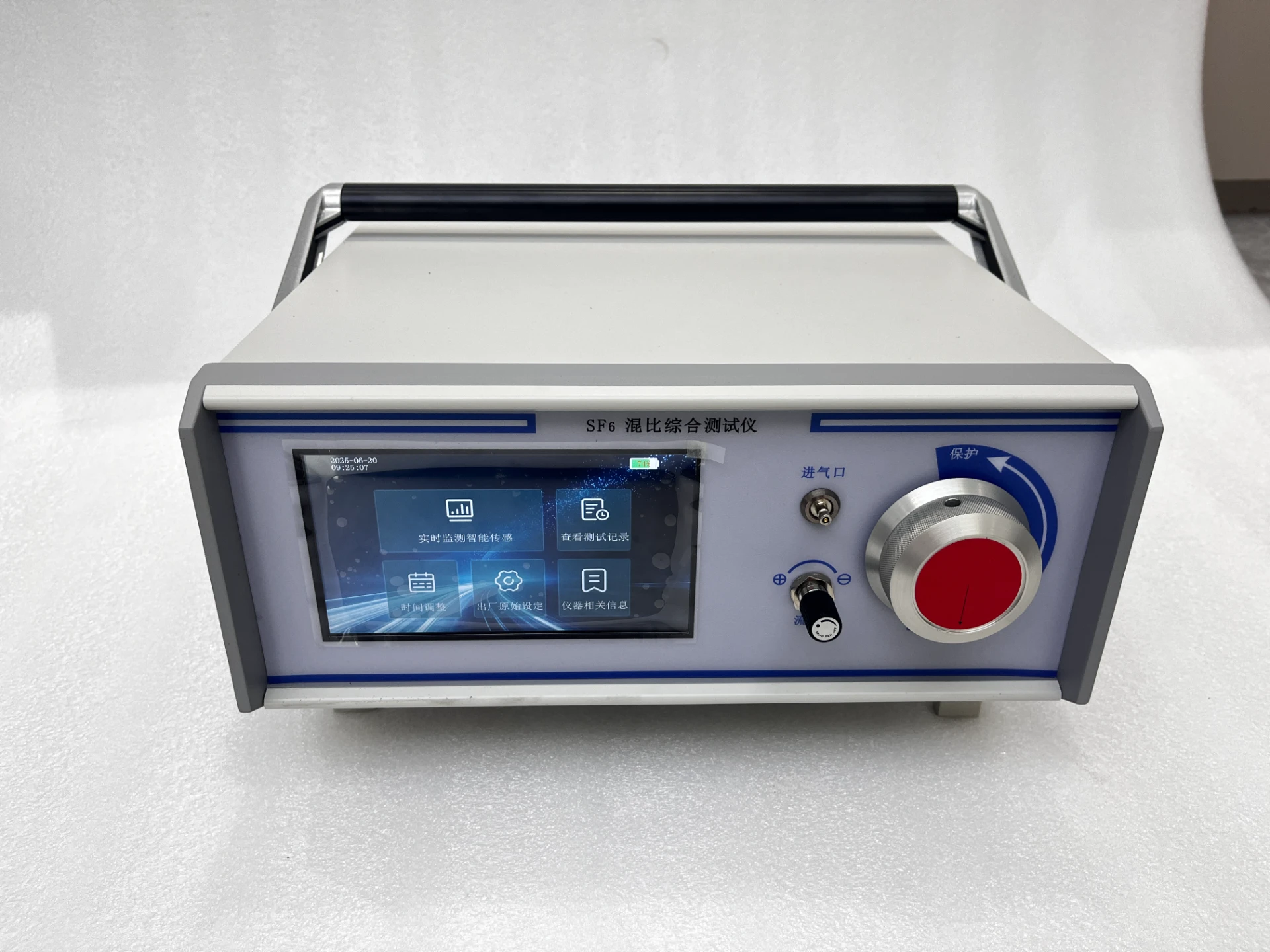 Ensuring SF₆ Gas Safety: Introducing PUSH’s Integrated SF₆ Analyzer for Dew Point, Purity, and Decomposition MonitoringIn the power transmission and distribution industry, sulfur hexafluoride (SF₆) plays a critical role as an insulating and arc-quenching medium in high-voltage switchgear, circuit breakers, transformers, and gas-insulated substations (GIS). Its exceptional dielectric strength, chemical stability, and thermal conductivity make it the gas of choice for ensuring safety and reliability in modern electrical systems.Detail
Ensuring SF₆ Gas Safety: Introducing PUSH’s Integrated SF₆ Analyzer for Dew Point, Purity, and Decomposition MonitoringIn the power transmission and distribution industry, sulfur hexafluoride (SF₆) plays a critical role as an insulating and arc-quenching medium in high-voltage switchgear, circuit breakers, transformers, and gas-insulated substations (GIS). Its exceptional dielectric strength, chemical stability, and thermal conductivity make it the gas of choice for ensuring safety and reliability in modern electrical systems.Detail -
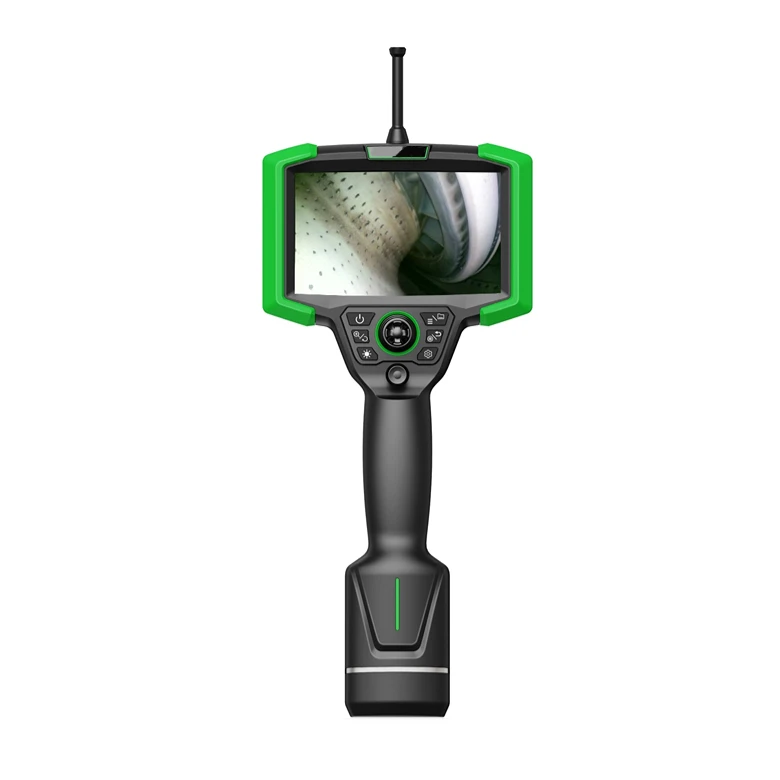 Exploring the Main Types of Industrial Endoscopes and Their Applications Across IndustriesIn the rapidly evolving field of non-destructive testing (NDT), industrial endoscopes have become indispensable tools due to their intuitive visual inspection capabilities, non-invasive operation, and high diagnostic accuracy. Whether it’s in aerospace, automotive maintenance, energy, or security, these devices enable real-time internal observation without dismantling equipment, greatly enhancing inspection efficiency and safety.Detail
Exploring the Main Types of Industrial Endoscopes and Their Applications Across IndustriesIn the rapidly evolving field of non-destructive testing (NDT), industrial endoscopes have become indispensable tools due to their intuitive visual inspection capabilities, non-invasive operation, and high diagnostic accuracy. Whether it’s in aerospace, automotive maintenance, energy, or security, these devices enable real-time internal observation without dismantling equipment, greatly enhancing inspection efficiency and safety.Detail
